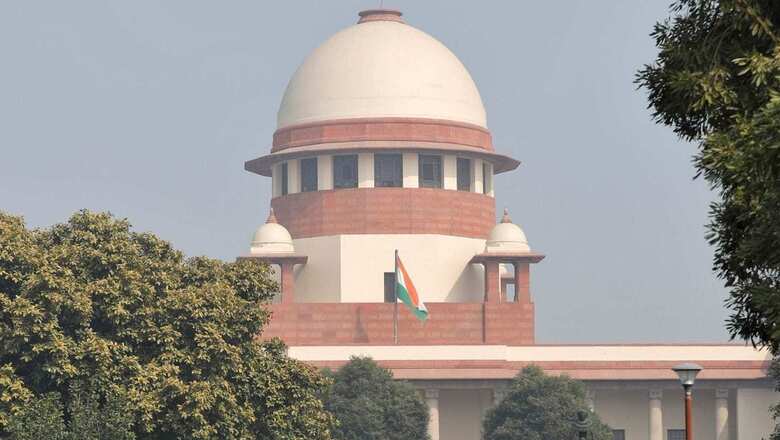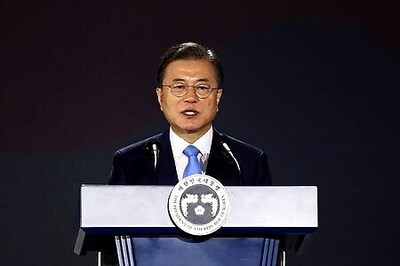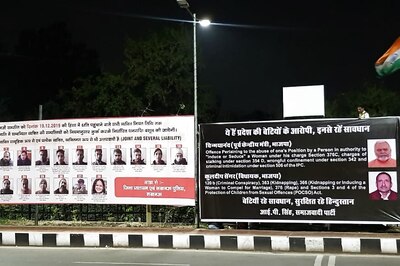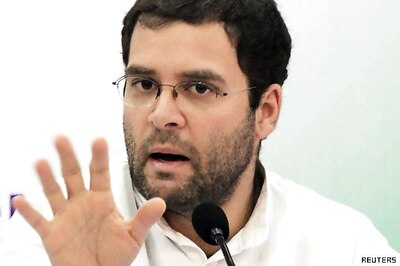
views
Last month, the Centre, in an affidavit, had told the Delhi High Court that it would examine a detailed report of the 21st Law Commission which undertook detailed research on the Uniform Civil Code after receiving several representations from various stakeholders. However, Delhi HC is not the first court to have spoken about Uniform Civil Court. The first time that the courts spoke of a UCC was during the Shah Bano Case in the Supreme Court.
During the Mohd Ahmed Khan v. Shah Bano Begum and Others (1985) case, the top court exhorted the central government to enact a “common civil code” in the interests of national integration.
The Court reiterated the same issue a few weeks later in a slightly different context, that of a marriage between a Christian woman and a Sikh man under the Indian Christian Marriage Act, 1872 in Jordan Diengdeh v. S S Chopra (1985).
The observations of the Supreme Court in the case of Jordan Diengdh v. Chopra were as follows, “Time has now come for the intervention of the legislature to provide for a uniform code of marriage and divorce as envisaged by Article 44.”
The Court had urged the government to come up with a UCC once again a decade later in a public interest litigation seeking to outlaw the practice of Hindu men abandoning their wives, without lawfully divorcing them, and converting to Islam for the sole purpose of marrying a second time (Sarla Mudgal, President, Kalyani and Others v. Union of India and Others 1995).
Once again, the Supreme Court affirmed the necessity and desirability of one in John Vallamattom and Another v. Union of India (2003) – this time in the context of succession.
In the ABC vs the State (NCT of Delhi), 2015, case, the Supreme Court once again lamented the absence of a UCC in the context of the guardianship of a Christian child, without going into why a simple change in the Guardians and Wards Act would not suffice.
In 2019, the Supreme Court bench comprising Justice Aniruddha Bose made these observations in Jose Paulo Coutinho v. Maria Luiza Valentina Pereira again expressed its disappointment over lack of UCC, saying: “Whereas the founders of the Constitution in Article 44 in Part IV dealing with the Directive Principles of State Policy had hoped and expected that the State shall endeavour to secure for the citizens a Uniform Civil Code throughout the territories of India, till date no action has been taken in this regard.”
Read all the Latest India News here




















Comments
0 comment